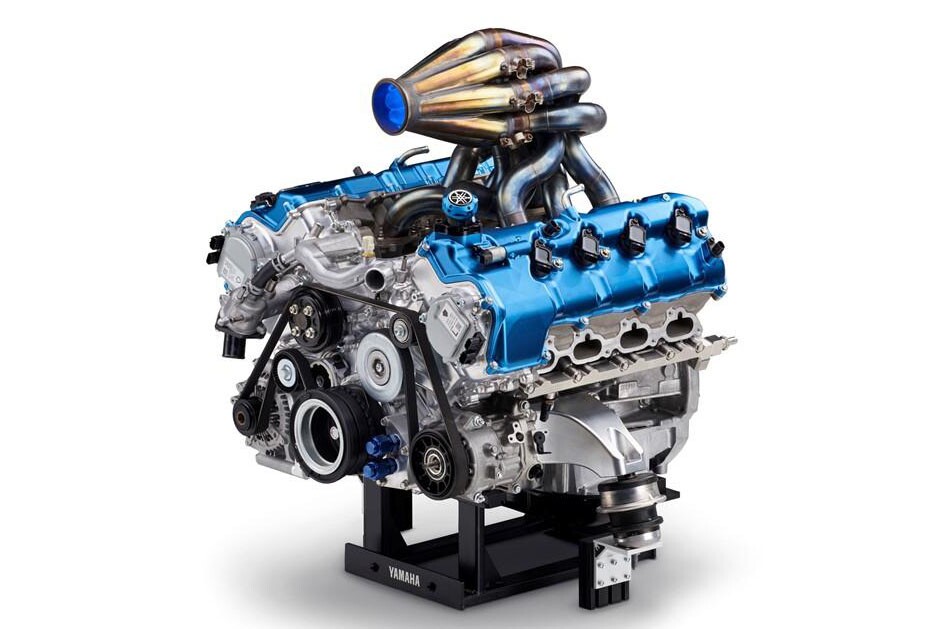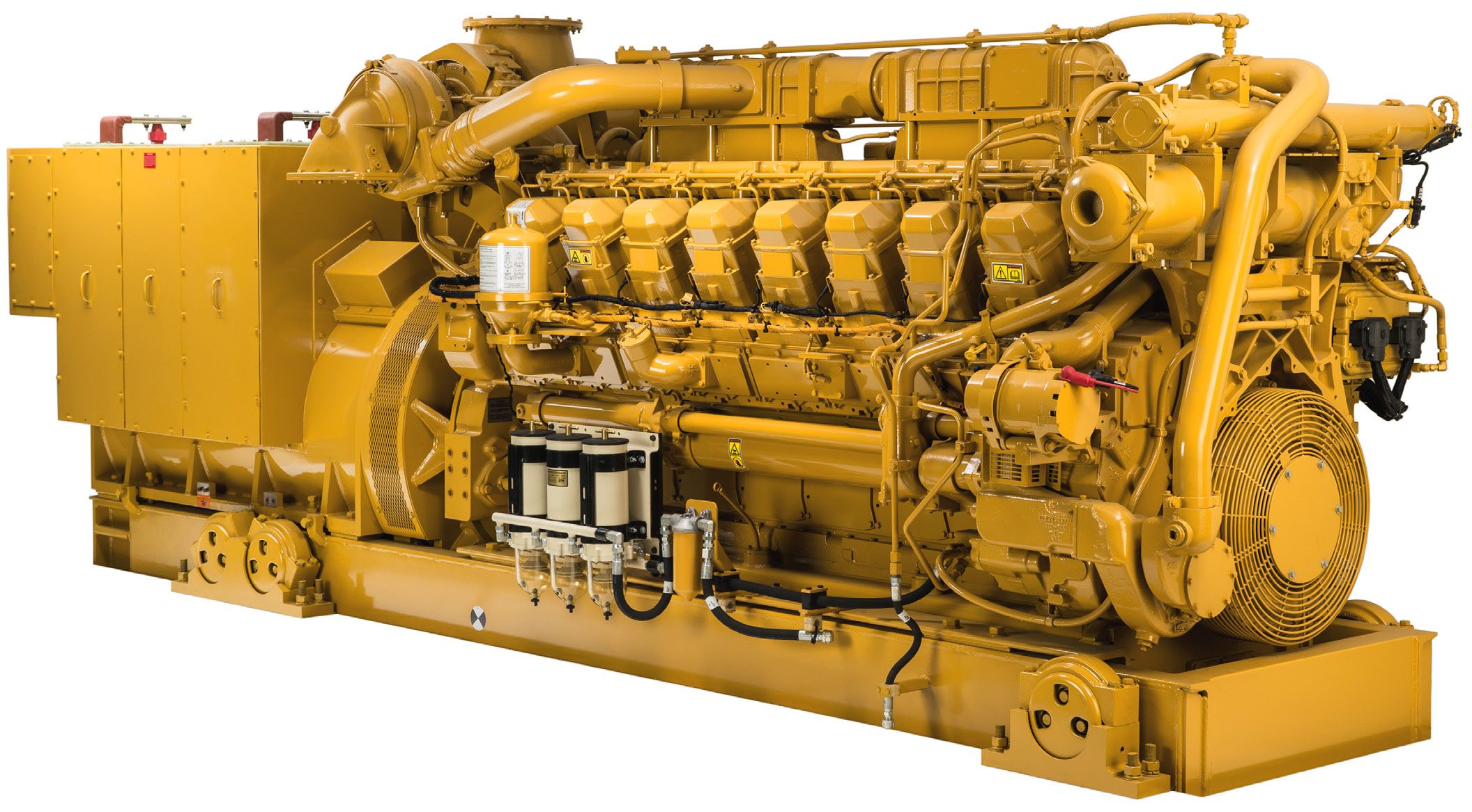Auto Components Shop Offering Engines for Africa: Your Source for High Quality Vehicle Components
Auto Components Shop Offering Engines for Africa: Your Source for High Quality Vehicle Components
Blog Article
The Impact of Cutting-edge Engine Technologies on Energy Effectiveness and Environmental Sustainability
In the realm of transportation and commercial equipment, the continual mission for improved power efficiency and lowered ecological impact has actually caused significant advancements in engine innovations. From the steady change towards electric and hybrid systems to the assimilation of turbocharging for boosted efficiency, the landscape of engines is developing rapidly. The application of different fuels even more expands the choices readily available for lasting power sources. These innovations not just assure a greener future yet also hold the possible to transform the way we approach energy usage and ecological sustainability.
Advancement of Engine Technologies
The progression of engine technologies over the years has been marked by continuous technology and refinement in quest of boosted efficiency and efficiency. From the very early days of inner burning engines to the cutting-edge hybrid and electrical powertrains of today, the advancement of engine modern technologies has actually been driven by a relentless quest for enhanced fuel efficiency and reduced exhausts.
One considerable landmark in this advancement was the growth of turbocharging and straight shot systems, which dramatically improved engine power result while improving fuel performance. These innovations enabled smaller sized, extra lightweight engines that can supply the performance of bigger ones without compromising on performance.
Furthermore, developments in materials scientific research have actually caused the prevalent adoption of light-weight products such as light weight aluminum and carbon fiber in engine building and construction. This has not only reduced general lorry weight yet has actually additionally improved engine efficiency by lessening energy losses associated with inertia and rubbing.
Advantages of Electric and Hybrid Solutions
With the expanding focus on sustainability and energy efficiency, what benefits do electric and hybrid systems offer in the world of engine innovations? Electric and hybrid systems present numerous benefits that add to a more lasting and energy-efficient future. Among the key advantages is the substantial reduction in greenhouse gas emissions contrasted to standard interior combustion engines. Electric cars produce absolutely no tailpipe discharges, causing boosted air top quality and minimized environmental impact. Furthermore, hybrid and electric systems are extra energy-efficient, converting a higher percentage of kept energy into propulsion contrasted to conventional engines. This effectiveness causes lower power intake and operating expense over the car's lifetime. Electrical cars use regenerative stopping systems that save and capture energy typically shed throughout braking, even more enhancing power effectiveness (engines for africa). Crossbreed systems combine the benefits of electric propulsion with the adaptability of a burning engine, giving extended decreasing and driving varieties array anxiousness for consumers transitioning to electric automobiles. Generally, hybrid and electric systems play an important duty in progressing energy efficiency and ecological sustainability in the transportation market.
Turbocharging for Improved Performance
Turbocharging works by utilizing a wind turbine to compel more air right into the burning chamber, allowing for much you could try here better gas combustion and boosted power outcome without a considerable increase in engine dimension. By optimizing the performance of the combustion procedure, turbocharged engines can achieve improved gas economic climate and decreased emissions, contributing to environmental sustainability. The prevalent adoption of turbocharged engines in both fuel and diesel cars shows their performance in stabilizing performance, effectiveness, and ecological impact.
Utilizing Alternate Fuels
Utilizing different fuels provides an encouraging opportunity for decreasing carbon discharges and diversifying the energy sources utilized in transportation. As the globe makes every effort to Home Page deal with climate change and reduce reliance on nonrenewable fuel sources, alternative fuels have obtained substantial interest for their possible environmental and economic benefits.
Biofuels, such as ethanol and biodiesel, are originated from eco-friendly resources like algae, corn, and sugarcane, offering a cleaner burning choice to traditional gas and diesel. These fuels can be blended with existing petroleum gas or made use of in committed engines, offering a pathway to lower greenhouse gas exhausts and improve air top quality.
Additionally, hydrogen fuel cells have become an encouraging technology for zero-emission transport. engines for africa. By transforming hydrogen gas into electrical power to power electrical motors, fuel cell cars produce just water vapor as a by-product, removing hazardous tailpipe emissions entirely
In addition to minimizing carbon exhausts, different fuels can likewise enhance power security by diversifying the fuel mix and minimizing dependence on imported oil. Welcoming different fuels in transport is an important step in the direction of attaining a more sustainable and eco-friendly future.

Environmental Benefits and Future Potential customers
The environmental benefits of alternative gas and their potential for long-term sustainability are crucial considerations in the change towards cleaner energy resources. Alternate gas, such as biofuels, hydrogen, and power, offer considerable ecological benefits contrasted to conventional nonrenewable fuel sources. These fuels produce reduced degrees of greenhouse gas emissions, decreasing air contamination and mitigating climate modification impacts. Additionally, different gas can assist diversify power resources, improving energy safety and minimizing dependence on limited resources.
The future potential customers for different gas in the transportation industry are promising. Improvements in technology proceed to improve the Our site performance and cost of alternative gas lorries, making them a lot more easily accessible to consumers. Federal governments worldwide are likewise applying policies to incentivize the adoption of different fuels, further driving their development. As research and development efforts expand, the potential for even greener and more lasting fuel options raises, leading the way for a cleaner and a lot more eco-friendly transport industry. By accepting cutting-edge innovations and alternative gas, the path in the direction of a more sustainable future comes to be progressively possible.

Final Thought
In conclusion, innovative engine modern technologies have actually played an essential duty in enhancing energy effectiveness and promoting ecological sustainability. The evolution of engine modern technologies, adoption of electrical and hybrid systems, utilization of turbocharging, and expedition of alternative gas have all contributed to lowering emissions and boosting efficiency.
In the realm of transportation and commercial machinery, the continuous pursuit for enhanced energy efficiency and lowered environmental influence has led to substantial developments in engine technologies. Turbocharging jobs by utilizing a turbine to require more air into the burning chamber, allowing for far better fuel combustion and raised power result without a significant rise in engine dimension. By taking full advantage of the efficiency of the combustion procedure, turbocharged engines can attain better fuel economic situation and decreased emissions, adding to environmental sustainability. Alternative fuels, such as biofuels, hydrogen, and electrical energy, deal significant environmental advantages compared to standard fossil fuels. The advancement of engine innovations, fostering of hybrid and electrical systems, utilization of turbocharging, and expedition of alternative fuels have all added to increasing and reducing emissions performance.
Report this page